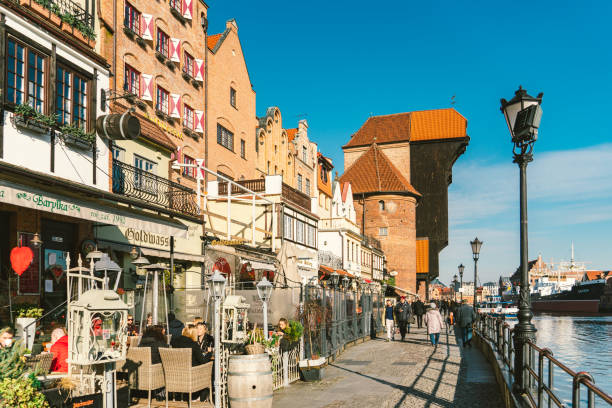The Japanese real estate market is both important and different. The majority of property stories include booms and crashes. Property markets go through a period of decline, only to rebound a few short years later. The case in Japan is very different. The Japanese market experienced a bull run never seen before. This period lasted until 1991.
Then the fall! Japan has experienced a massive downfall since 1991. Property values have fallen dramatically and have remained there for more than two decades despite the desperate efforts of the Japanese Government to revive them.
This article will tell the story of a Japanese crash and its impact on the Japanese market.
Three Decades of Economic Miracle
The Japanese economy was almost destroyed after World War II. Their economy suffered greatly because they had been fighting for many decades. The United States had also bombed two of the major cities, Hiroshima & Nagasaki. The morale of the workers was low.
Japan’s economy experienced a boom after the war. Japanese companies began to make major progress in the global electronics and automotive markets. The economy grew more prosperous as a result. This high level of prosperity led to many Japanese workers finding jobs. The fact that Japanese companies consider their employees as part of the family, i.e., The fact that they never fired them, led to an increase in purchasing power.
In the early 1980s, Japan had grown to be the second-largest economy in the entire world. It was a small country with an area less than California. Japan was also constantly hit by natural disasters such as earthquakes and volcanic eruptions. Slowly, it was closing in on the United States. Many economic observers considered Japan’s financial success in the last three decades to be nothing less than a miracle.
The Japanese real estate market experienced a steady upswing during these three decades. Prices of real estate rose at a rate that was similar to the economic growth, and few people suspected a bubble.
Modifications to Tax Laws
Around the mid-1980, the Japanese Government decided to liberalize the country’s conservative property market. Japanese property markets were governed by a strict taxation system that prevented any changes in ownership. If a property is sold less than two years after purchase, the tax portion of capital appreciation can be as high as 90%! Around 75% of capital gains earned by investors who sold the property more than two but less than five years after purchase were taxed to the Japanese Government. Investors who sell the property after five years are taxed 50% of their capital gain.
The transaction costs in the Japanese real estate market make it impossible for anyone but genuine homebuyers to purchase a property. In the mid-80s, the Japanese Government revoked many of these rules in order to create a real estate market that was open to all.
Stock Market and Real Estate Market Loop
Due to the economic miracle and the liberalized real estate laws, the real estate market and stock markets began to feed off one another. Many people sold their high-valued stocks to purchase real estate. The demand for real property increased as a result. Many real estate investors sold their properties and bought stocks in Japanese companies. These two asset classes in the Japanese market outperformed every other investment. They attracted money, and their valuations skyrocketed! In 1991, the real estate values in Tokyo were many times higher than those in other more prosperous cities such as New York or London.
Real Estate Crash in the 90s
The 1990s were the start of the end for Japan’s real estate market. The Bank of Japan increased interest rates dramatically to combat inflation caused by its loose monetary policies. The market’s money supply became tighter as a result. The servicing of mortgages also became more costly. The demand for Japanese property dropped suddenly. Property prices in Japan plummeted by more than 64% within a short decade. As prices fell, investors and homeowners who were heavily leveraged lost a large portion of their investment.
The 2015 Price Cut is Half as Much!
The Japanese housing market is still recovering today, 2015. After Japan’s interest rates have been near zero percent now for many years, the housing market has not recovered. Japan also has a quantitative ease program, but it has not been effective in raising prices in the real estate market.
The average real estate price in Japan today is more than 50% lower than the peak prices of 1991. Prices are roughly at the same level as they were in 1985, i.e., The bubble was beginning.
The Japanese real estate story is important and interesting to any student or investor.
